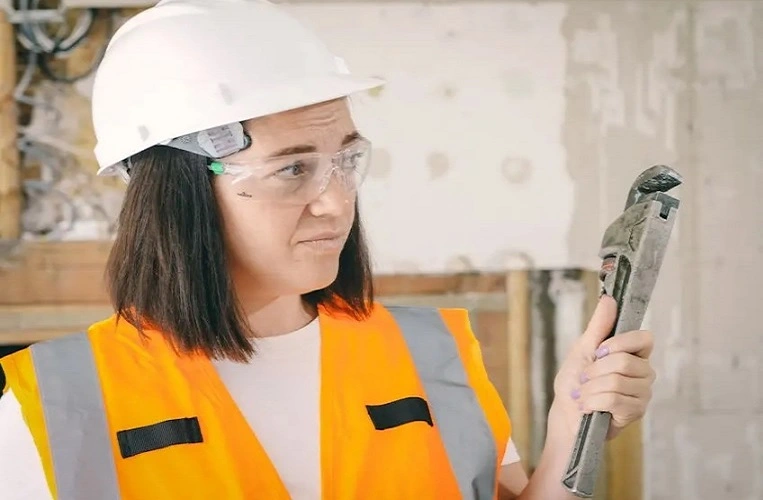Commodities trading is distinct from more traditional markets. In the Indian financial market, stocks are the most actively traded asset. Therefore, if you are a newbie, you need to relearn about equities before you can start learning more about trading commodities.
It is the extreme volatility of commodities compared to other asset classes. However, traders may profit greatly from the wild fluctuations in the market because of the extreme volatility.
Commodity prices are affected by supply and demand, as well as events that occur outside of the realm of financial markets, which may not have an impact on stock or bond prices.
So, forget all you know about trading and investing in shares, including techniques, tips, and tactics. You also need to realise that commodities trading is different from other markets.
Diversify
It would help if you had the humility to recognise that human error is inevitable, regardless of how many predictions, analyses, or technical studies are conducted. On the other hand, a good trader is not one who never loses money but plans for the possibility of loss by spreading his investments over many commodities.
This way, any losses incurred in one area may be more than compensated for by profits made in another. Not only that, but the variables that influence the cost of one product may have little to no bearing on the cost of another.
Realise The Commodities Market Is Cyclical
All commodities, by and large, follow similar cyclical patterns set by the interaction of supply and demand and economic and geopolitical events.
To make money investing in commodities, you need to know what point in the current cycle of the market to capitalise on price fluctuations. You, the trader, are not only a vital cog in the cycle wheel but also in achieving a state of balance between supply and demand.
Demand Is Growing
Capital expenditures have been raised to enhance output and satisfy the rising demand.
- The combination of excessive capital investment and insufficient supply drives up pricing.
- When prices rise, however, demand decreases and eventually disappears.
- As supply continues to outstrip demand, commodity prices will continue declining, stimulating further purchasing.
- With the drop in pricing comes a corresponding decrease in capital investment, decreasing supply and restoring the balance between supply and demand.
- Or, to put it another way, the cycle starts over.
Pick A Suitable Conversational Partner
A well-liquidated exchange will allow you to purchase and sell commodity futures without worrying about whether or not there will be a willing buyer or seller at any given time.
Further, the clearinghouse of the exchange serves as a counterparty to both parties. Financial difficulty is, therefore, no longer an option.
Another factor lowering exposure is the daily marking-to-market of commodities futures holdings, which is mandated by all major exchanges. A student of the commodities market has to know all the ins and outs of the major commodity exchanges.
Conclusion
As a general rule, a novice trader should invest more heavily in trading commodities with low volatility, such as gold and oil, and less heavily in commodities with high volatility, such as copper and agricultural items.
Following these guidelines may help a novice trader make money in the commodities markets. Limit your commodity trading until you gain experience, and then gradually add additional commodities to your portfolio.




